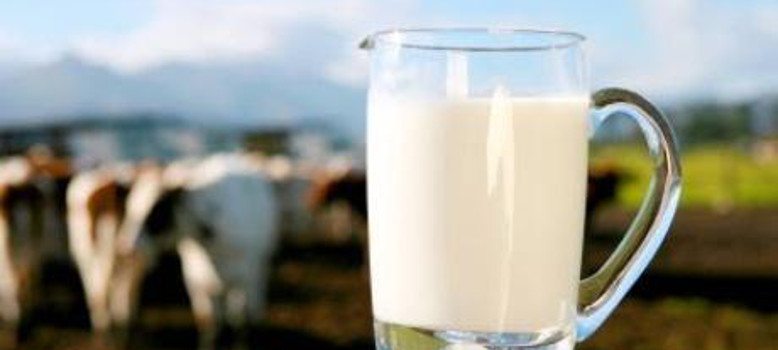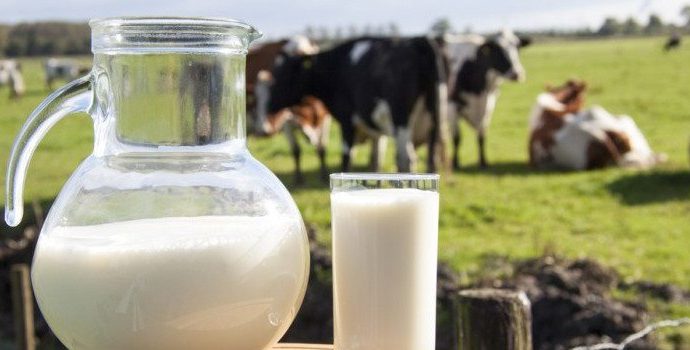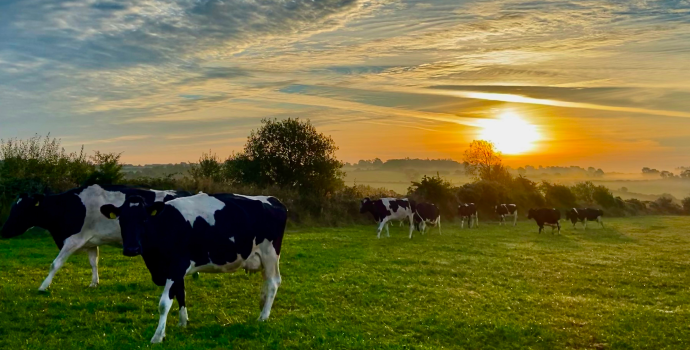
IFA National Dairy Chairman Tom Phelan today said that despite the Ornua PPI showing it lags behind firming powder trends for November, co-op board members preparing to decide on their November milk price must note that the case for a commitment to hold prices at least for the rest of the winter is getting stronger with more evidence of markets firming up. After a year where extreme income volatility came from weather related cost factors, farmers will need the support and confidence boost which such a commitment from their industry would give them.
“At its Outlook 2019 event Teagasc rightly highlighted an expected 22% income fall for average 2018 dairy farm incomes, mostly due to a major increase in production costs linked to a 50% additional expenditure on fodder and feed,” he said.
“On the market side, yesterday’s positive GDT auction has shown that global butterfat prices in particular have turned a corner. European food-grade SMP prices are continuing to firm to exceed €1600/t. Much more rapid disposal of SMP from intervention stocks had been carried out at rising prices rapidly trending towards current fresh feed grade levels in excess of €1350/t. EU Agriculture Commissioner Phil Hogan has even predicted all stock would be disposed of by spring,” Mr Phelan pointed out.
“We stated in recent weeks that output trends for year-end are well down in France, Germany and the Netherlands – which between them account for 46% of EU milk supplies, and 51% of EU’s exported milk. The lower output levels for the last quarter of 2018 are mostly due to weather events and fodder shortages, combined for the Netherlands with the effect of herd reduction forced by phosphates restrictions. Lower supplies and depleted intervention stocks have already, and will continue, to alter market sentiment in a positive way,” he said.
“Co-ops have supported farmers extensively during the fodder crisis of 2018, including through deferred repayments for inputs, free credit, rebates, even fodder imports, and this has been very much appreciated. However, farmers’ cash flows are in a bad way as the year comes to a close, with bills coming due, and lower seasonal milk volumes affecting milk cheques. Co-op board members must recognise that farmers will need at worst stable milk prices over the coming months, and thankfully market trends make this a realistic expectation,” he concluded.


